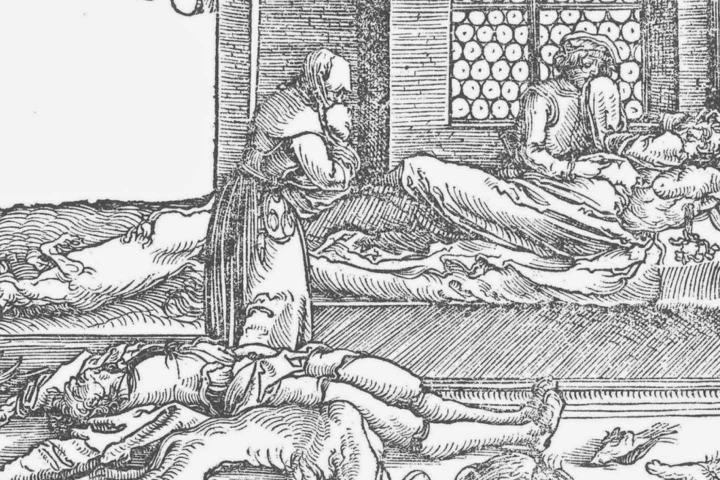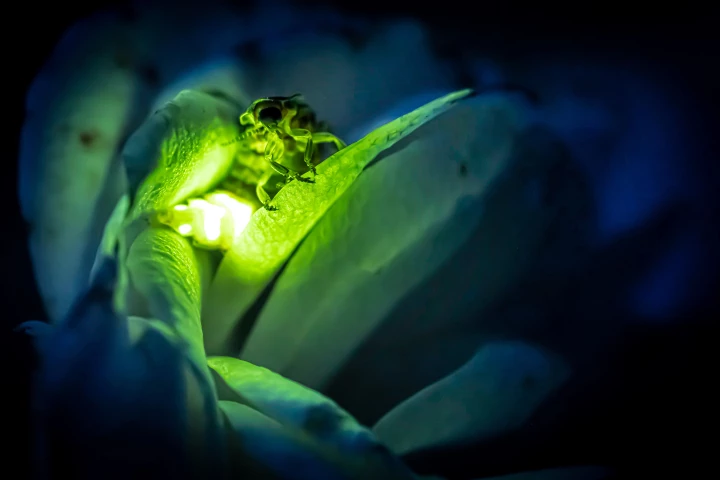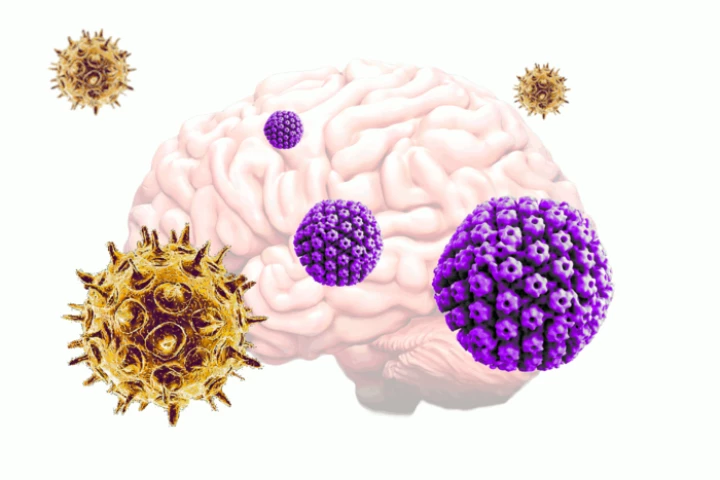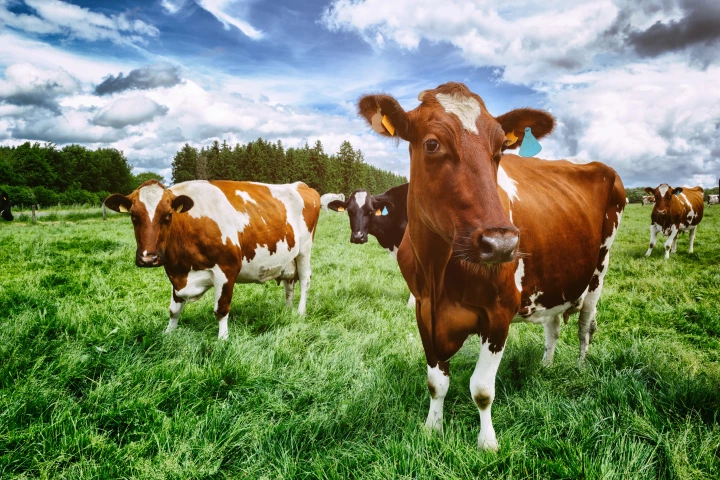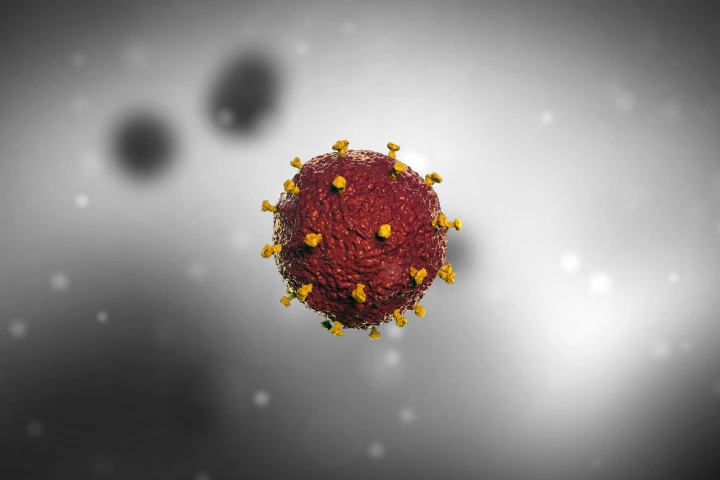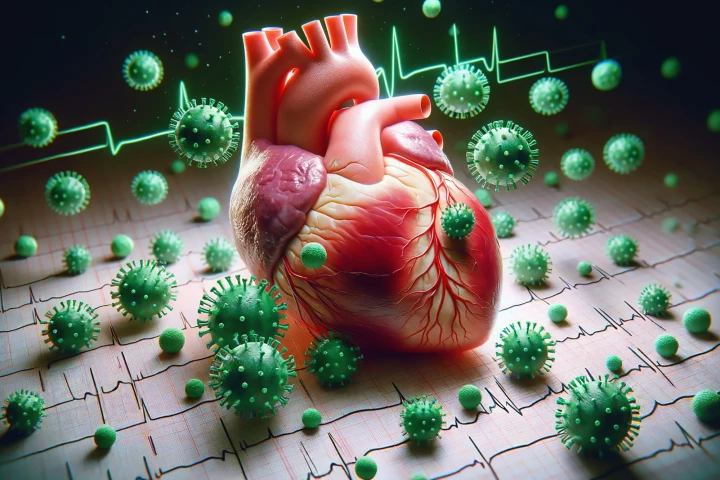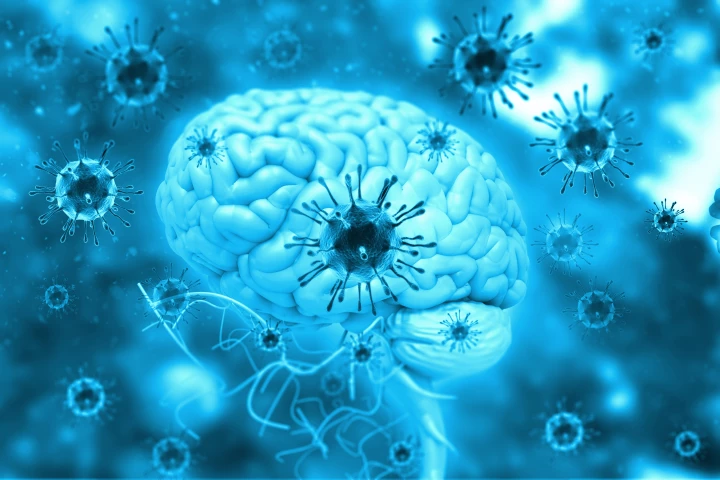Virus
-
Humans have been getting infected by ancient bacteria and viruses for at least 37,000 years. Now, for the first time, pathogen DNA has uncovered a pivotal disease "turning point" that happened 6,500 years ago, which would forever change our lives.
-
Animals that produce their own light source, through an internal chemical reaction, are a true wonder of nature – and something biotechnology scientists have been working hard to replicate and adapt for human use. They've now made a huge breakthrough.
-
A fascinating 2022 study found two common viruses may be working in tandem to trigger the earliest stages of Alzheimer’s disease. The findings were just the beginning of an ever-growing body of evidence implicating viral infections in dementia.
-
HIV has become a more manageable condition in recent years, but a full cure remains elusive. Now, scientists have found promise in permanently eliminating the virus, thanks to a drug already approved by the FDA to fight cancer.
-
We all know that a balanced diet made up of unprocessed foods is a recipe for gut health, but scientists have now found just how one nutrient – fiber – can trigger a microbiotic chain reaction that shields the body from influenza and other viruses.
-
Scientists are again on high alert, as whole genome sequencing of the H5N1 virus has revealed that it is capable of multidirectional infections across species. While human risk is low, it's a step forward for the pathogen in this biological arm's race.
-
A twice-a-year injectable drug has been shown to be 100% effective in preventing the spread of HIV, according to the first data from a clinical trial. If approved, the drug offers another preventive option and puts us a step closer to eradicating HIV.
-
A group of volunteers in the UK let scientists put the SARS-CoV-2 virus up their noses for research investigating why some of us naturally avoid getting COVID-19. This first-of-its-kind study opens the door to better vaccines and treatments.
-
Imagine a world in which we never catch the flu, have no need for vaccines and can wipe out the virus if an infection has taken hold. A super-effective molecule that stops influenza from even entering our bodies stands to revolutionize how we treat flu.
-
Carbon dioxide is key to how long airborne viruses hang around in the air and, therefore, their likelihood of spreading. Opening a window may be a more scientific way to avoid the spread of respiratory viruses than first anticipated.
-
Inflammation from a viral infection has traditionally been thought to cause acute myocarditis, which can lead to fatal heart arrhythmias in healthy young adults. Now, it seems it's something else that damages heart cells before inflammation kicks in.
-
Ever since SARS-CoV-2 emerged, the virus has been known for its novel effects on the brain. But exactly how is it causing these symptoms? A new study suggests that the answer lies in the way our vagus nerve talks to the brain.
Load More
